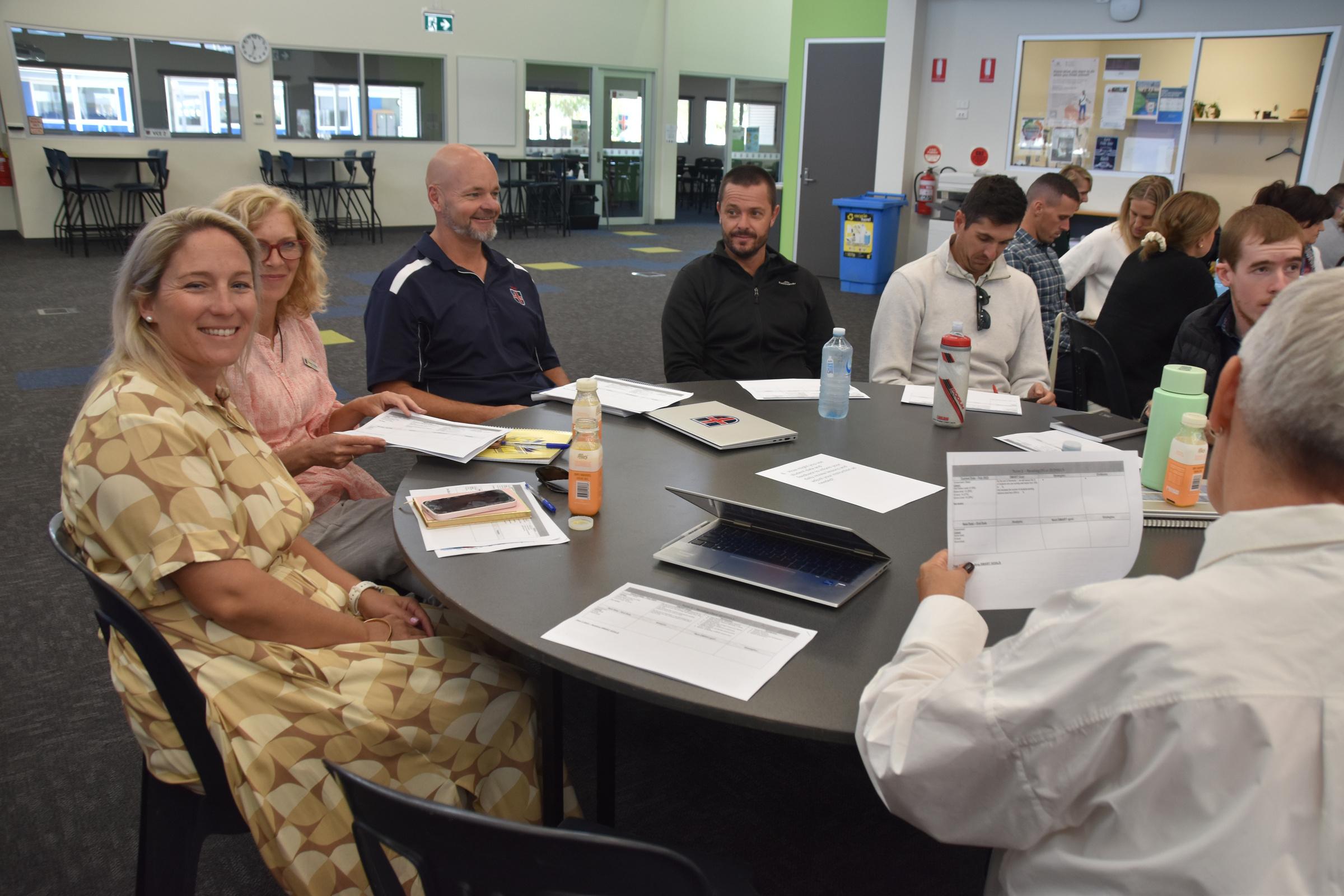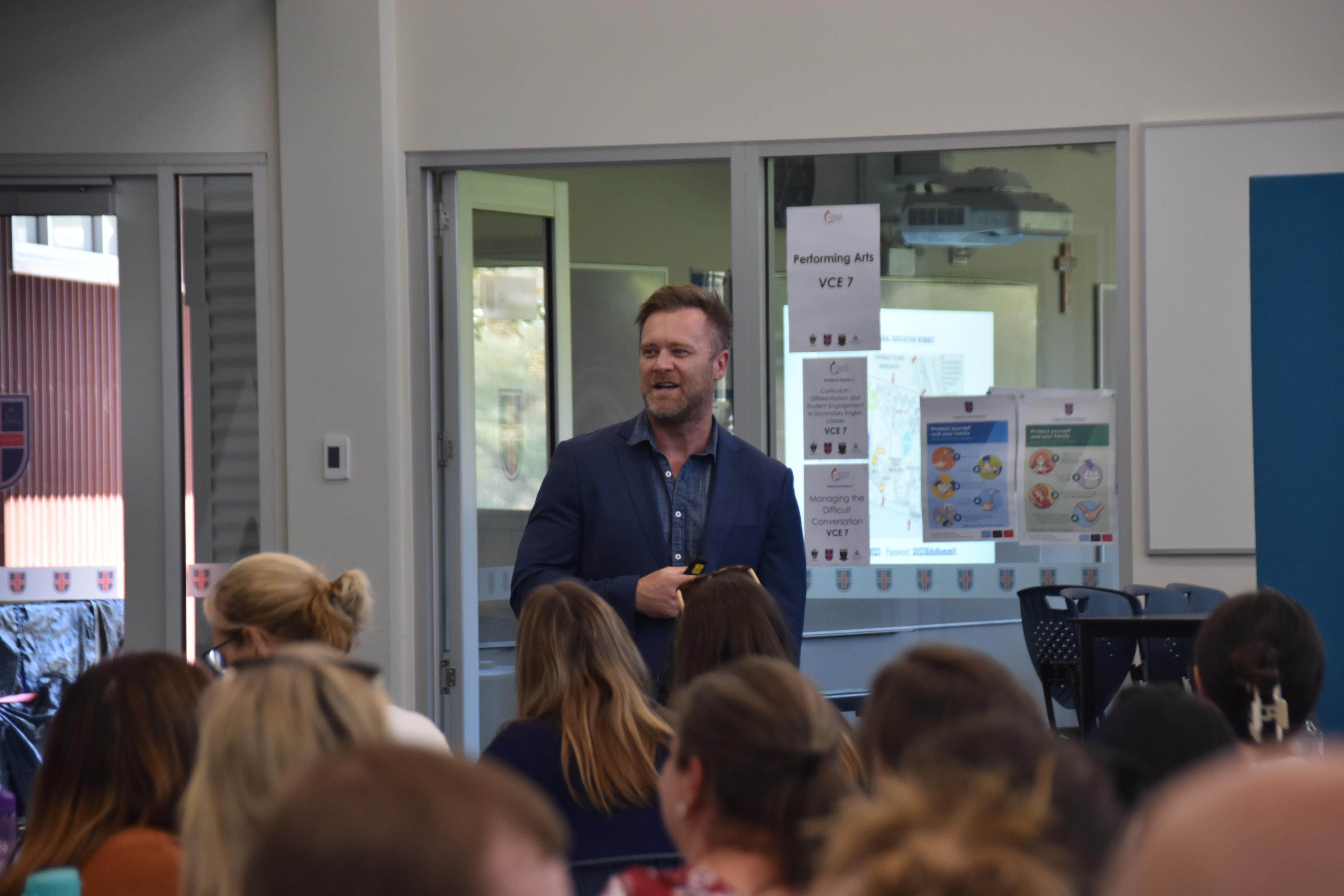
1 minute read
The Science OF LEARNING
HeadofJuniorSchool
The brain is one of, if not, our most important organ and understanding how we learn, organise, remember, and retrieve information is integral to teaching. Over the past two years, the Junior School has begun a journey to gain further knowledge about the Science of Learning.

The Science of Learning is an interdisciplinary field that aims to understand how learning occurs and optimise it for all. It draws on multiple disciplines, including neuroscience, cognitive science, psychology and education. The field summarises existing research on how students learn and connects it to practical implications for teaching and learning.
The Science of Learning is not an ideology or philosophy. It is not a fad, trend, new idea or pendulum swing. The Science of Learning is an evidence-based theory that provides resources and tips to help educators teach more effectively and students learn better.
During learning, it is the person’s brain that does the work to interpret, process and understand information. The more information you present does not necessarily correlate to the more information that is learned. When a person’s brain becomes overwhelmed, it is called cognitive overload.
Too much information leads to cognitive overload, which ultimately reduces learning, which is an outcome contradictory to teaching
Reducing cognitive overload is relatively simple:
1 Reduce the amount of new information (quantity)
2 Change the way it is presented so it is less overwhelming (quality)
We aim to achieve reduced cognitive overload with explicit and direct instruction of small amounts of new information at a time, which is scaffolded on previously learned concepts, that are practiced in a spaced and interleaved way to facilitate recall (this is known as Daily Retrieval) This is all occurring in classrooms which minimise sensory input so as not to overload student attention










